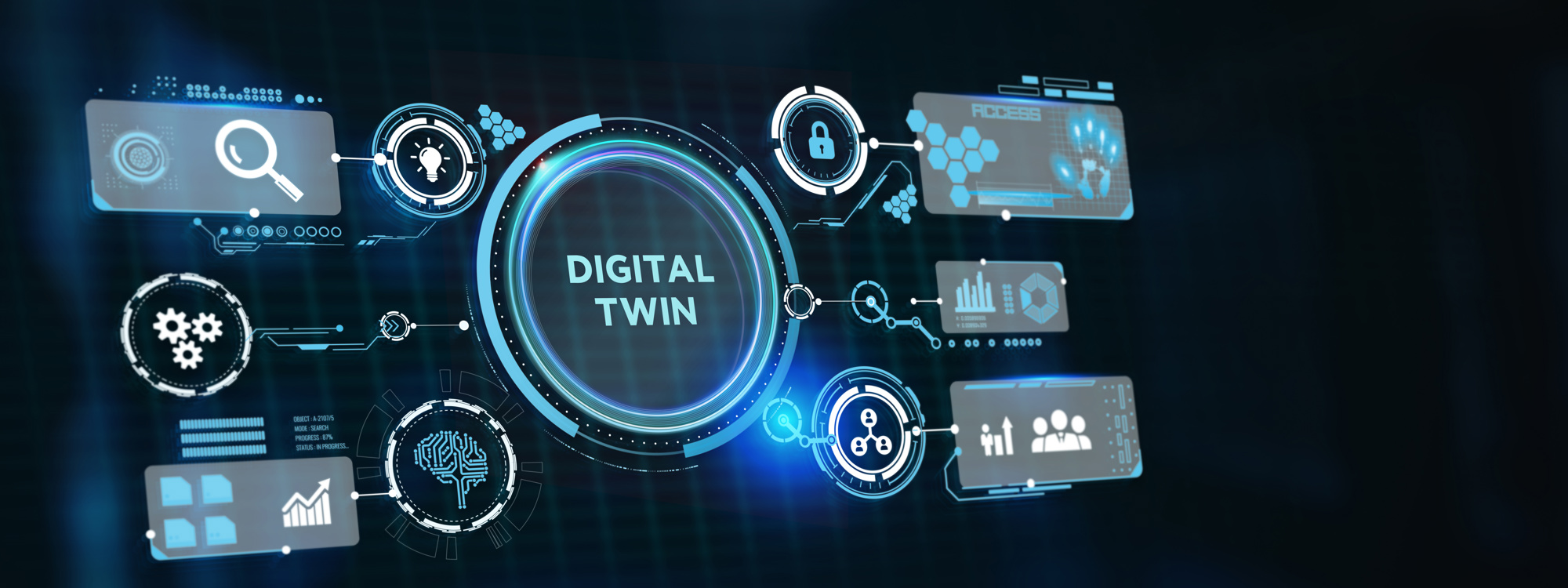
Can digital tech really transform defence? Yes, and it’s already happening
By Sean Cooper, Senior Chief Engineer of Defence at NCC and Chairperson of the Applied Research & Technology Forum for UK Defence
For years, advanced composites—clever, high-performance materials used in everything from fighter jets to spacecraft—were the “nice-to-have” in Defence. Impressive, but also expensive. Tricky to work with, and slower to certify than more traditional materials. Fast forward to today, and that’s changing fast.
What’s behind the shift? In a word: digital.
Across the Defence sector, digital technologies are reshaping how things get designed, tested, and built. Think of it as an industrial-level makeover, swapping spreadsheets and slow processes for real-time data, virtual modelling, AI-powered decisions, and more sustainable engineering. It’s not just a shiny new toolkit - it’s a whole new way of working.
The new rules of engagement.
The UK’s Digital Strategy for Defence set the tone clearly - use digital to do more, move faster, and stay ahead of our potential adversaries. That’s not just about software upgrades. It means embracing digital transformation from the ground up—across design, production, testing, training, and logistics.
Why now? Because our traditional systems simply can’t keep up with today’s threats. We need equipment that’s not just effective, but quick to develop, adaptable in the field, and lighter on both cost and carbon.
Advanced materials, meet your digital sidekick
At NCC, we’ve always championed the potential of composites for Defence. They're strong, lightweight, and incredibly durable and ideal for everything from UAVs to naval structures. But let’s be honest, integrating them into Defence programmes hasn’t always been simple.
That’s where digital technologies come in. Tools like digital twins (virtual replicas of real-world systems), model-based engineering, and advanced simulation let us design, test, and optimise composite components before we touch a single strand of fibre.
The result? Less guesswork, fewer physical prototypes, and faster, smarter development cycles. That’s a win on cost, on speed, and on sustainability.
Cutting waste, boosting performance
If you’re trying to hit net zero by 2050 then digital manufacturing has some serious benefits. Digital twin tech helps us spot flaws early, predict failures, and fine-tune designs before they reach production. That means less rework, less waste, and better performance. It also supports predictive maintenance, so your kit lasts longer and performs better in the field.
And in a world where the costs of raw materials (and the emissions tied to them) are rising, that efficiency matters more than ever.
So, what about AI?
Artificial intelligence is already having a big impact. It’s helping Defence teams analyse vast data sets, optimise logistics, and even train personnel more effectively. It can spot trends humans might miss and automate tasks that eat up valuable time.
But it’s not a magic wand. Defence has specific requirements - transparency, security, and reliability. That’s why the Defence Artificial Intelligence Strategy was launched—to guide how the UK uses AI safely and effectively.
We’ve also got the infrastructure to back it up. Isambard-AI—a new supercomputer based at NCC is now online. It’s the UK’s fastest, capable of 200 quadrillion calculations per second. In plain terms, that’s like giving Defence R&D a rocket booster.
Training for tomorrow
Digital transformation isn’t just about machines - it’s about people. One of the most exciting areas right now is virtual training. Think realistic simulations, digital environments, and remote collaboration tools. These systems help teams sharpen skills safely, rehearse complex scenarios, and even train across borders.
Add AI and data analytics to the mix, and you’ve got a smarter, faster, more agile way of building readiness and UK resilience. It’s cheaper, too.
So where does NCC fit in?
At NCC, we sit at the heart of this transformation - linking up Defence primes, SMEs, academia and government bodies, both local and national. Through our Applied Research & Technology Forum for UK Defence, we’re creating space for collaboration, knowledge-sharing and fresh ideas.
We’re not here to sell a product. We’re here to help Defence embrace the digital future—faster, more sustainably, and with greater confidence.
Final thoughts
Digital isn’t coming to Defence - it’s already here. And the organisations that adapt now will be the ones leading the way tomorrow.
If you’re in the Defence world and curious about what digital technologies can really do for your programme, start the conversation now. The next generation of equipment is already taking shape at NCC - and it’s being designed, tested, and built in ways that would’ve been impossible even a decade ago.
To get involved or learn more about our work, reach out to our Defence team at: [email protected]
NCC will be exhibiting at DSEI UK 2025 from Tuesday 9th - Friday 12th September.
Our team will be on hand to showcase our latest capabilities and connect with partners. You can find us on stand N4-210 in the North Halls Manufacturing Hub.
If you would like to arrange a meeting with our team you can reach us at: [email protected]
